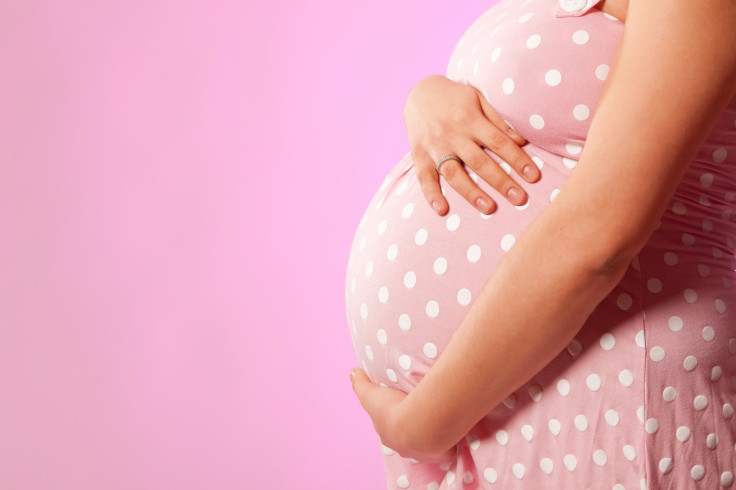Babies’ Health Doesn’t ‘Start From Scratch’: The Importance Of Parental Health Before Conception

The type of activities a mother partakes in, or the foods she eats, before or during pregnancy certainly has an impact on the unborn child’s ultimate health. But now researchers say that it’s not just genetic material or what a mother eats during pregnancy that controls how a baby turns out: babies born to unhealthy parents are “pre-programmed,” in a way, to have a greater risk of poor health.
In other words, a baby’s health relies on parental health long before conception. “The reality is, the child doesn’t quite start from scratch — they already carry over a legacy of factors from their parents’ experiences that can shape development in the fetus and after birth,” said Professor Sarah Robertson, author of the study and director of the University of Adelaide’s Robinson Research Institute, in a press release. “Depending on the situation, we can give our children a burden before they’ve even started life.” Indeed, it’s not always the case that “a child represented a new beginning, with a fresh start,” where parental health doesn’t matter, Robertson says.
The study, which was completed at the University of Adelaide and published in Science, said that pre-conception environmental factors have more of an effect on a child’s future health than previously believed. Both eggs and sperm store environmental factors, which impact the child just as much as genes. “Many things we do in the lead up to conceiving is having an impact on the future development of the child — from the age of the parents, to poor diet, obesity, smoking and many other factors, all of which influence environmental signals transmitted into the embryo,” Robertson said.
Research has shown that smoking, obesity, drugs, alcohol, a diet lacking in nutrition, lack of exercise, and age all can affect the development and growth of a baby in the womb. Studies have also discovered that a mother's stress could be passed down to her child. Now, the environmental factors of both parents' health has proven to be just as important in determing a child's future health.
These environmental factors (or essentially parents' poor health) can contribute to disorders like diabetes and cardiovascular disease, as well as anxiety and metabolic diseases in the child. And the role of the father is much more important than once believed. “This really is a new frontier for reproductive and developmental research,” Robertson said. “It’s only been in the last 10 years that the science community has been seriously discussing these issues, and only in the last five years that we’ve begun to understand the mechanisms of how this is happening.”
Ultimately, the researchers conclude that adjusting how you live your life just months before conception could help ensure your baby has a higher chance of being healthy.
Source: Robertson S, Robker R, Lane M. Parenting from before conception. Science. 2014.
Published by Medicaldaily.com



























